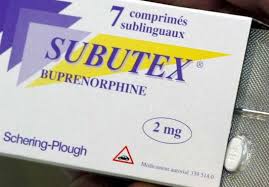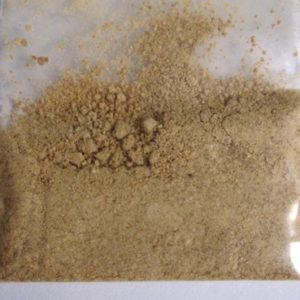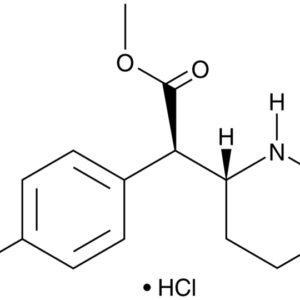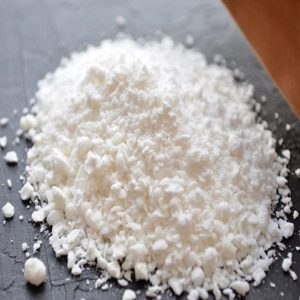Description
Buy 3,4-CTMP Online
3,4-CTMP (3,4-Dichloromethylphenidate). It is a stimulant substance of the phenidate class and a structural analog of methylphenidate (Ritalin). Also, the two substances have similar pharmacological profiles but different subjective effects.
It is approximately seven times more potent than methylphenidate in animal studies. However, it has weaker reinforcing effects due to its slower onset of action. Apparently, the active dose of 3,4-CTMP is approximately 10 times lower than the dose of methylphenidate to achieve a similar effect. 3,4-CTMP has a duration of 6 to 18 hours rather than the 4 to 6 hour duration found with methylphenidate.
3,4-CTMP has an extremely short history of human recreational use and has yet to be documented being sold on the streets. It is available for sale as grey market research chemical by online vendors.
Strongly recommended you use proper harm reduction practices with this substance. This is due to its potent stimulant effects, habit-forming properties as well as an unknown toxicity profile,
Chemistry
3,4-CTMP, or 3,4-dichloromethylphenidate, is a synthetic molecule of the substituted phenethylamine and substituted phenidate classes. It contains a phenethylamine core featuring a phenyl ring bound to an amino -NH2 group through an ethyl chain. It is structurally similar to amphetamine, featuring a substitution at Rα.
3,4-CTMP is nearly identical in structure to methylphenidate. However, it contains two chlorine atoms bonded to the phenyl group at the 3 and 4 positions.
Pharmacology
3,4-CTMP acts as a dopamine and norepinephrine reuptake inhibitor. Thus, it effectively boosts the levels of dopamine and norepinephrine neurotransmitters in the brain. Also, this allows dopamine and norepinephrine to accumulate within the brain, resulting in stimulating and euphoric effects. 3,4-CTMP has also been identified as a relatively potent agonist of 5-HT2B serotonin receptors. This is concerning, as agonism of the 5-HT2B receptors results in a potentially serious effect called pulmonary hypertension. Here, the pulmonary artery that pumps blood from the heart to the lungs constricts.
Other products with us





Reviews
There are no reviews yet.